
Let’s face it, as opposed to the relaxed drives on the open road, city driving can sometimes feel like an extreme sport. All the hustle and bustle, coupled with the unexpected surprises the roads can throw at you, can make for a really nerve-wracking experience, even just driving from home to work or from work to the grocery store.
Inevitably, accidents happen, though hopefully nothing too serious. So, what do you do when your day takes a sudden detour, and you find yourself in a car accident in the city? Keep calm and follow our guide.
1. Take a Deep Breath
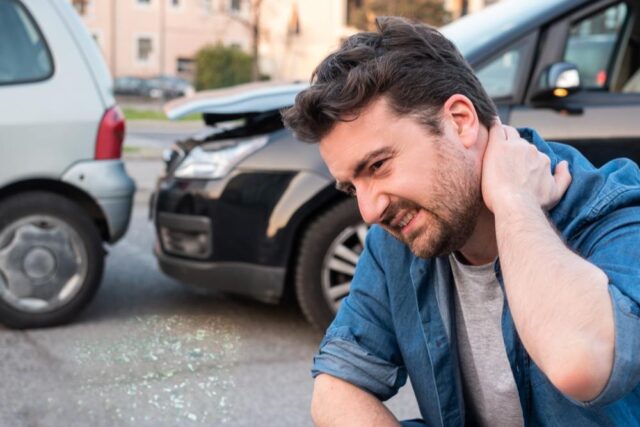
Firstly, before doing anything else at all, take a moment to collect yourself. Even an accident with no obvious physical harm can have major psychological and physiological effects on anyone involved in it. An accident almost always brings with it a sudden rush of adrenaline and a wave of panic. However, it’s crucial to remain as calm as possible in these situations. Your mind needs to be clear to effectively navigate the steps ahead.
After the initial shock, your first task is to assess your physical state. Check if you or any passengers have been injured. If anyone is hurt, even with seemingly only minor injuries, such as a stiff neck, dial 911 as quickly and as calmly as possible. In the heat of the moment, you may underestimate the severity of injuries, so it’s best to let the professionals make that call.
2. Move to Safety, If Possible
Safety is paramount. If your car isn’t too damaged and is capable of safely being moved, steer it to the side of the road. This will prevent any further damage and keep the traffic moving. However, if the car isn’t drivable, there’s no need to go to extremes. Instead, ensure your hazard lights are blinking to warn other drivers about the obstruction. It’s essential to reduce the risk of a secondary accident and ensure the safety of everyone involved.
3. Dial 911
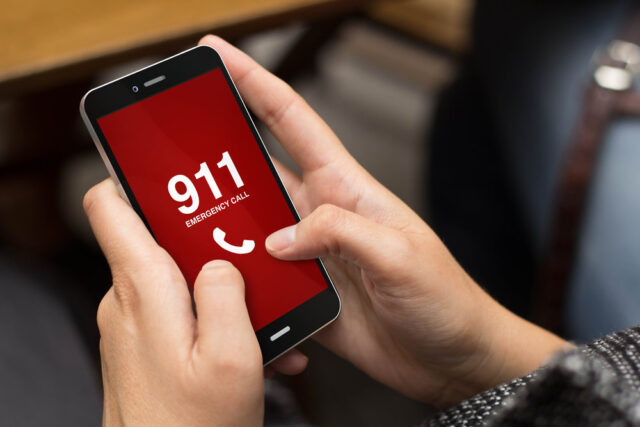
No matter how minor the accident appears, it’s important to get the police involved. Having an official police report can make the insurance claim process much smoother. When the officers arrive, provide an honest account of what happened, but remember to stick to the facts. The police report will include vital information about the accident, such as the time, place, and circumstances of the incident, which can be crucial in determining liability later on.
4. Document Everything
Now it’s time to bring out your inner Sherlock Holmes. Start by exchanging information with the other driver involved. This includes names, contact information, insurance details, and vehicle information. Having this data can expedite the insurance claim process.
Next, it’s time to turn your attention to the accident scene. Take pictures of the vehicles involved, any visible damage, the accident site, and any potential contributing factors like poor road conditions or obscured traffic signs. Also, take note of any witnesses. Their unbiased accounts can provide a clearer picture of the incident and help determine who was at fault.
5. Don’t Play the Blame Game
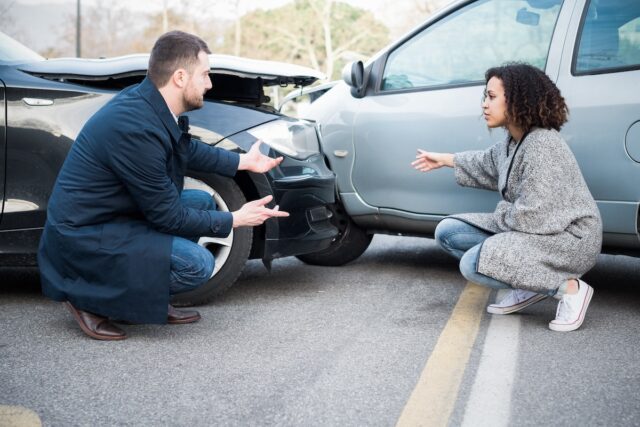
The aftermath of an accident is not the time for finger-pointing or confessing guilt, even if you think you were at fault. It’s crucial to avoid making any statements that could be perceived as an admission of guilt. Determining who’s at fault for an accident involves examining evidence and considering several factors. It’s not always as straightforward as it might seem at the scene. So, let the authorities and insurance companies do their jobs, and keep your opinions on the matter to yourself.
6. Notify Your Insurance
Once the immediate concerns are handled, it’s time to contact your insurance provider. They’ll guide you on the next steps to take and the process of filing a car insurance claim. What is car insurance and how does it work? Simply put, car insurance is a contract between you and your insurance company, wherein you pay a premium, and in return, the insurer agrees to pay for your losses as outlined in your policy. Losses can include damage to your car, medical expenses, or liability claims against you for harm caused to others.
When contacting your insurance provider, honesty is crucial. It’s essential to provide them with a truthful account of the accident and fully cooperate with their investigation. Concealing facts or providing inaccurate information can lead to a denial of your claim or even result in your policy being canceled. Remember, your insurance company is there to help you navigate this situation, but they can only do so effectively if they have accurate information.
7. Get a Check-up
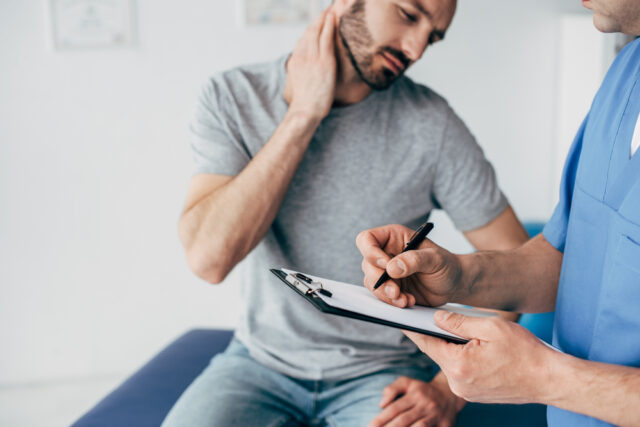
The adrenaline and stress that follow a car accident can sometimes mask the symptoms of injuries. It’s always a smart move to get a medical check-up after an accident, even if you feel okay. A doctor can rule out any hidden injuries and provide a medical report, which can be crucial if symptoms develop later on. This step is not just about ensuring your health; it’s also about protecting yourself legally and insurance-wise.
8. Keep Organized
After the accident, you’ll likely have a slew of documents—medical reports, police reports, insurance claim forms, and more. It’s essential to keep all these documents organized. This will not only help you keep track of the developments but also expedite any legal proceedings or insurance claims. Remember, in these situations, a well-maintained paper trail can be your best friend.
9. Consult a Lawyer If Needed
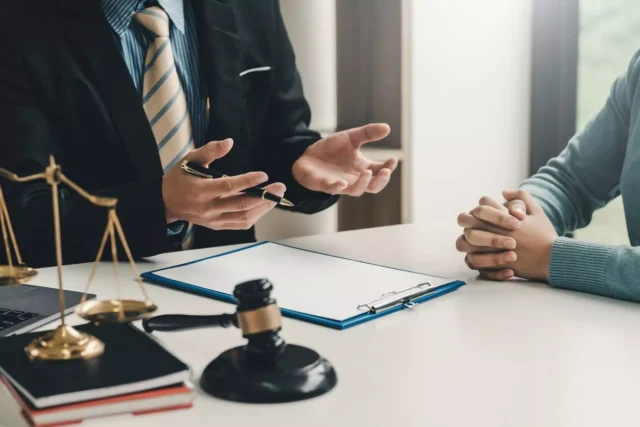
If the accident involves serious injuries, significant damage, or if there’s a dispute about who’s at fault, it might be wise to consult with a lawyer. A legal expert can help you understand your rights, guide you through the legal maze, and ensure you get the compensation you deserve.
In the fast-paced rhythm of city life, accidents can happen. But remember, with a cool head and the right knowledge, you can navigate through any post-accident challenges that come your way. Drive safe!












